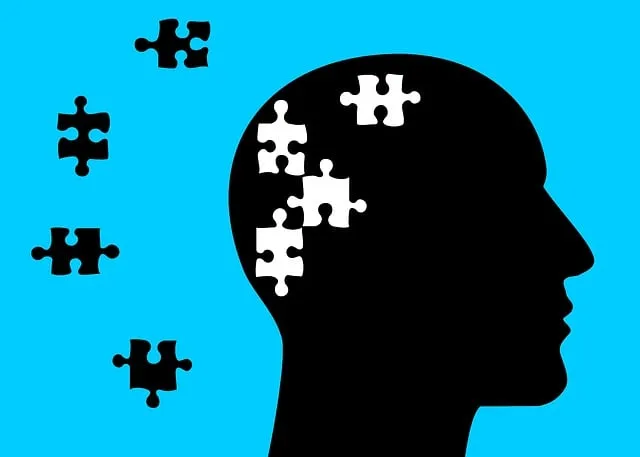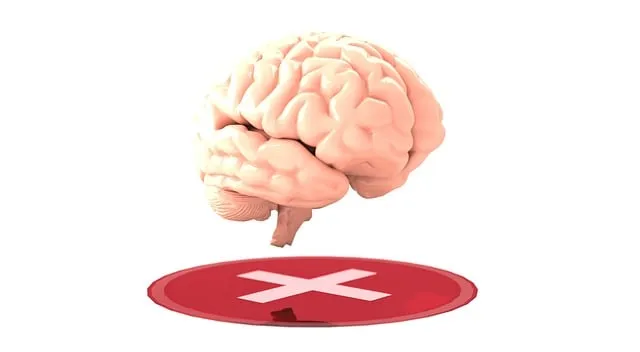The Northglenn Kaiser Permanente mental health department utilizes a revolutionary Recovery-Focused Methodology (RFM) to transform mental well-being, integrating Burnout Prevention and Social Skills Training. This approach boosts resilience, equips patients with lifelong coping skills, and navigates life's challenges holistically, improving quality of life. Proven effective exercises build inner strength and stress management, reducing stigma and fostering community. The RFM framework, implemented strategically, includes educational workshops, mindfulness in appointments, and tailored progress assessments, adapting to individual needs. This initiative has significantly enhanced patient outcomes, particularly in vulnerable communities, marking a successful impact on numerous individuals. Overcoming implementation challenges through staff engagement and continuous improvement ensures a thriving mental health department.
At Kaiser Permanente Northglenn, the Mental Health Department has pioneered the integration of RFM (Resilience, Flexibility, and Mastery) exercises, significantly enhancing patient outcomes. This article delves into the transformative power of RFM in supporting mental health patients, focusing on its understanding, implementation strategies, and success stories within the department. Discover how these exercises have improved patient resilience, with a particular emphasis on the practical guide for Northglenn’s mental health professionals, showcasing a data-driven approach to enhancing care delivery.
- Understanding RFM and Its Role in Mental Health Support at Kaiser Permanente Northglenn
- The Impact of Resilience Building Exercises on Patient Outcomes
- Implementing RFM: A Step-by-Step Guide for the Mental Health Department
- Case Studies: Successful Integration of RFM into Northglenn's Services
- Overcoming Challenges and Ensuring Continuous Improvement in RFM Implementation
Understanding RFM and Its Role in Mental Health Support at Kaiser Permanente Northglenn

At Kaiser Permanente Northglenn, the mental health department plays a pivotal role in supporting individuals through challenging times. Here, RFM (Recovery-Focused Methodology) is increasingly recognized as a powerful tool to enhance resilience and foster recovery. This approach shifts the focus from mere symptom reduction to empowering individuals with skills to navigate life’s uncertainties. By integrating practices like Burnout Prevention strategies and Social Skills Training, the department aims to build inner strength in patients, enabling them to face and overcome adverse situations.
The implementation of RFM goes beyond traditional therapy models, encouraging a holistic view of mental well-being. It involves teaching individuals coping mechanisms, fostering social connections, and promoting self-care practices. This comprehensive approach not only assists patients in managing existing conditions but also equips them with long-lasting tools for stress resilience, ultimately improving their overall quality of life.
The Impact of Resilience Building Exercises on Patient Outcomes

Resilience building exercises have shown significant promise in enhancing patient outcomes within mental health facilities, such as the Northglenn Kaiser Permanente department. These structured interventions focus on cultivating inner strength and coping mechanisms, empowering individuals to navigate challenges more effectively. By participating in activities that promote resilience, patients can develop a deeper understanding of their emotions and learn healthy ways to manage stress and adversity, which are essential components for long-term mental well-being.
The implementation of these exercises contributes to the reduction of Mental Illness Stigma by fostering an environment where individuals feel supported in sharing their experiences and building community. This not only improves individual patient outcomes but also creates a more inclusive and understanding atmosphere within the healthcare setting, reflecting the growing emphasis on holistic mental health care at institutions like Kaiser Permanente.
Implementing RFM: A Step-by-Step Guide for the Mental Health Department

Implementing RFM, or Resilience, Flexibility, and Mindfulness, within the Northglenn Kaiser Permanente mental health department involves a strategic approach designed to bolster patient resilience against life’s challenges. This step-by-step guide ensures a structured framework for integrating these practices effectively.
Begin by introducing RFM concepts through educational workshops tailored to both patients and healthcare professionals. Foster an environment where open discussions around stress management, emotional regulation, and conflict resolution techniques (like those explored in the Mental Wellness Podcast Series Production) can flourish. Subsequently, integrate mindfulness exercises into daily routines, offering brief meditation practices during appointments. Encourage patients to practice these at home, alongside burnout prevention strategies, to reinforce mental wellness. Regularly assess progress, adapting RFM implementation based on patient feedback and observed outcomes. This iterative process ensures the program remains responsive to individual needs.
Case Studies: Successful Integration of RFM into Northglenn's Services

Northglenn’s Kaiser Permanente mental health department has successfully integrated the RFM (Resilience, Flexibility, and Mindfulness) framework into their services, leading to notable improvements in patient outcomes. This initiative was driven by a desire to enhance the community’s emotional well-being and resilience, especially among vulnerable populations. By incorporating mindfulness techniques and empathy-building strategies, Northglenn’s approach has been instrumental in fostering a sense of calm and empowerment among its members.
The implementation of these practices began with a comprehensive Community Outreach Program that aimed to raise awareness about mental health issues and the benefits of RFM principles. Through partnerships with local schools, community centers, and faith-based organizations, Northglenn successfully engaged residents in discussions about stress management and emotional resilience. This grassroots effort was followed by tailored workshops and support groups that facilitated active participation in Mind Over Matter principles, allowing individuals to develop coping mechanisms that are both effective and sustainable.
Overcoming Challenges and Ensuring Continuous Improvement in RFM Implementation

Implementing RFM (Resilience, Flexibility, and Mental Agility) exercises within an organization, especially in a mental health department like Kaiser Permanente Northglenn, involves overcoming inherent challenges. These include ensuring buy-in from all levels of staff, integrating RFM into existing workflows without disrupting services, and measuring the effectiveness of these programs.
Effective communication strategies are vital to surmounting these hurdles. Conducting regular workshops on stress management and mindfulness meditation can foster an environment where RFM becomes a shared priority. By offering these sessions as part of employee wellness programs, the Mental Health Department at Kaiser Permanente Northglenn can promote resilience building while also enhancing overall job satisfaction and retention. Continuous improvement in RFM implementation requires a feedback loop where staff can share their experiences, suggest improvements, and actively participate in shaping tailored programs that meet their unique needs.
The implementation of RFM within the mental health department at Kaiser Permanente Northglenn has shown significant benefits, as evidenced by improved patient outcomes and enhanced resilience. This structured approach, backed by a comprehensive step-by-step guide, enables healthcare professionals to effectively support individuals in building mental fortitude. The successful case studies presented demonstrate the adaptability and accessibility of RFM, making it a valuable tool for any mental health department aiming to revolutionize care delivery and foster positive patient experiences. By continually refining practices and learning from challenges, Kaiser Permanente Northglenn’s integration of RFM sets a promising example for improving mental health support in the community.






